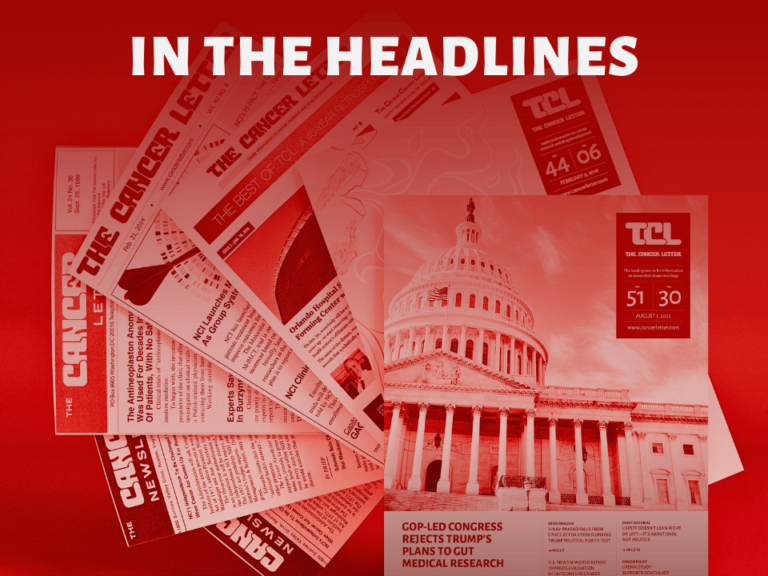JOSEPH SMITH JR. received the Huggins Medal from The Society of Urologic Oncology, the society’s highest honor, for his lifetime contributions to treatment for patients with genitourinary neoplasms. Smith is a professor of Urologic Surgery at Vanderbilt University Medical Center.
The Huggins Medal is named after Charles B. Huggins, who was awarded the Nobel Prize for Physiology or Medicine in 1966 in recognition of his work on the hormonal treatment of prostate cancer. It is the second major award for Smith from the SUO, having been awarded the SUO Medal in 2006.
Smith received the medal and presented the Huggins lecture at SUO’s 2015 annual winter meeting in Washington, D.C. He was also recently named the next editor of The Journal of Urology.
Smith performed Vanderbilt’s first robotic surgery in 2003 and has completed more than 7,000 prostatectomies since that time. With Smith, VUMC has established itself as a leader in robotic surgery and indications have extended in urology to radical cystectomy, partial nephrectomy and bladder suspension.











